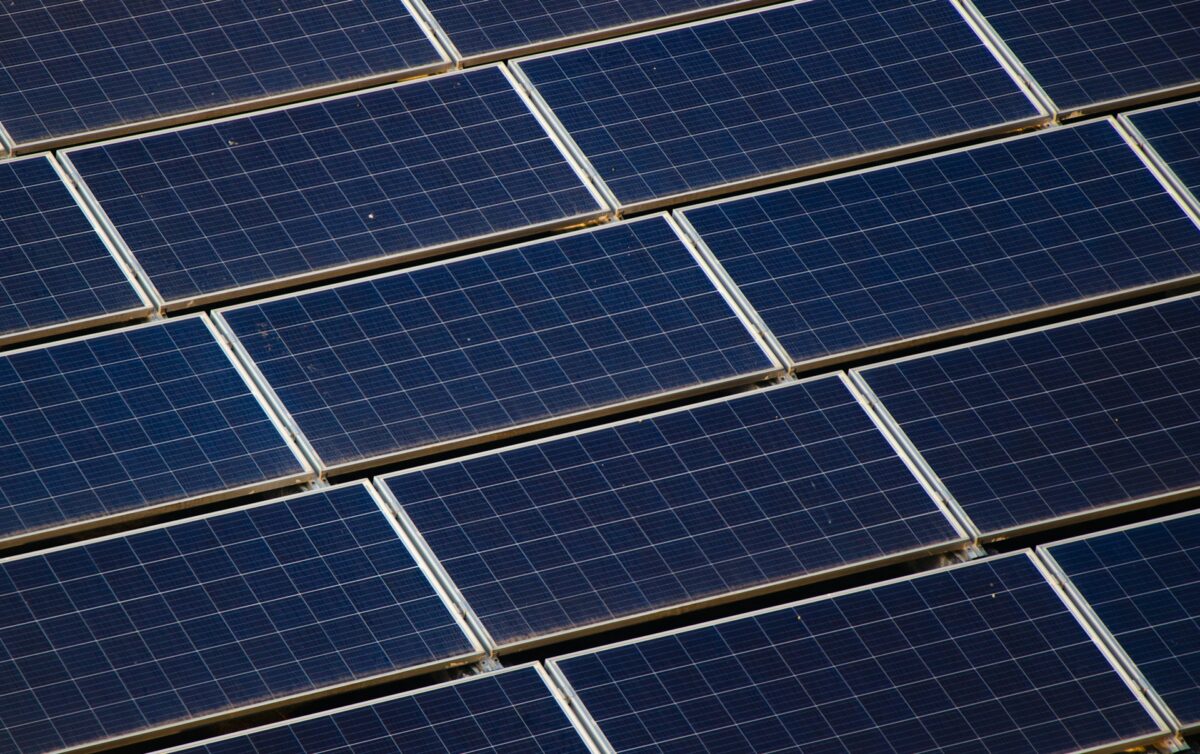The Canadian province of Ontario is planning a large-scale competitive energy procurement exercise.
Billed by the Ontario government as the largest in the province’s history, the Second Long-Term Procurement (LT2) is expected to largely consist of new bioenergy, solar and wind projects.
In a letter addressed to the province’s IESO, Stephen Lecce, Ontario’s minister of energy and electrification, said that procurement should be transparent, competitive and cost-effective to secure technology-agnostic energy resources.
He asked the IESO to deliver a procurement design framework by Sept. 20, 2024, and consider how to conclude energy and capacity procurement by Feb. 28, 2026.
The Ontario government said LT2 should incentivize projects in northern Ontario and those which avoid prime agricultural areas, as well as prohibit all projects in specialty crop areas and ground-mounted solar in prime agricultural areas. Proposed projects will also require municipal support to ensure local backing.
In his letter to the IESO, Lecce said he backs the use of an Enhanced Power Purchase Agreement (EPPA) revenue model “to help facilitate a cost-effective and efficient market operation of new energy projects.”
Lecce said that electricity demand has risen in Ontario for the first time since 2005, with refurbishment schedules at the area’s nuclear facilities and expiring electricity supply and capacity meaning additional electricity resources are required to meet growing needs.
The IESO has recommended approximately 5,000 MW of new electricity resources be procured by 2034.
This content is protected by copyright and may not be reused. If you want to cooperate with us and would like to reuse some of our content, please contact: editors@pv-magazine.com.




By submitting this form you agree to pv magazine using your data for the purposes of publishing your comment.
Your personal data will only be disclosed or otherwise transmitted to third parties for the purposes of spam filtering or if this is necessary for technical maintenance of the website. Any other transfer to third parties will not take place unless this is justified on the basis of applicable data protection regulations or if pv magazine is legally obliged to do so.
You may revoke this consent at any time with effect for the future, in which case your personal data will be deleted immediately. Otherwise, your data will be deleted if pv magazine has processed your request or the purpose of data storage is fulfilled.
Further information on data privacy can be found in our Data Protection Policy.